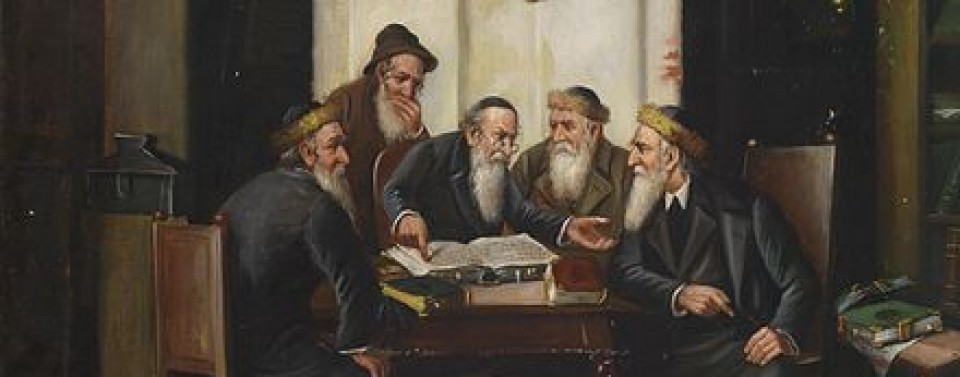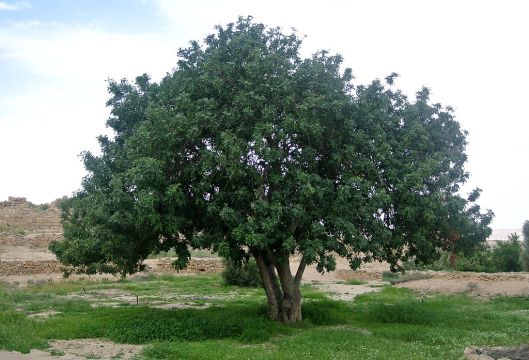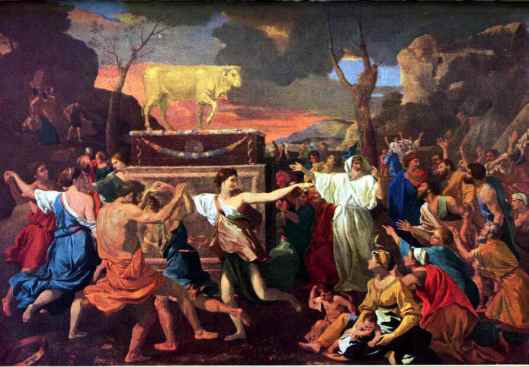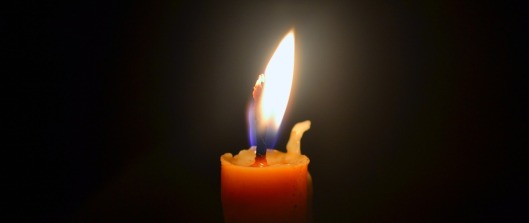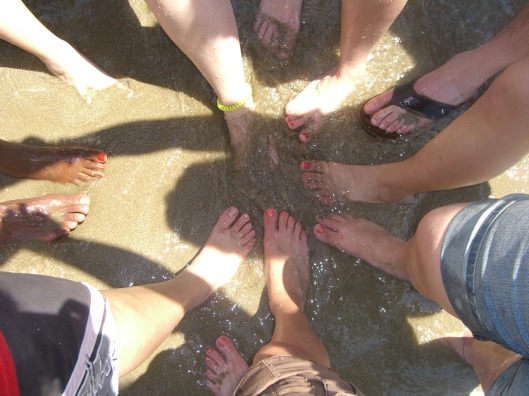Tags
blessing, Chippewa, gratitude, Joe Laur, Ojubwa, self-pity, The Ojibwe, todays rabbi
“Sometimes I go about pitying myself while I am carried by the wind across the sky…”
-An Ojibwe(Chippewa) song, from Path On The Rainbow

My daughter was stuck on the tarmac, her flight delayed, but unable to leave the plane. She called me, a plaintive, aggrieved tone in her voice. “Dad, we’ve been sitting out on the runway for 90 minutes now! What a pain.”
I listened calmly, a smile forming on my face. I spoke in a smooth, even voice. “Honey, I know it’s inconvenient. But you’re not in Syria.They have problems. You and I have annoyances.”
I know I was being a little smug with her. I’ve been in the same spot, whining about traffic, or an unexpected expense, or some other thing my son calls “first world problems.” If I can lift my eyes up from my own navel for a minute, and look at my overall circumstances, I realize I have very few real problems. My life is generally great. Yes, tragedies have occurred, I’ve made terrible blunders a few times, I’ve had my share of disappointments. But when I see the way I usually live, how much I’ve thrived, the love and esteem of my family and finds, I realize that I truly am “carried by the wind across the sky” even in trying times. Seeing the truth of it minimizes my complaints and maximizes my blessed gratitude.
How are you being carried by great forces today?
~~~~~~~~~~~~~~~~~~~~~~~~~~~~~~~~~~~~~~~~~~~~~~~~~~~~~~~~~~~~~~~~
The Ojibwe, Ojibwa, or Chippewa are a group of indigenous peoples in North America. There are Ojibwe communities in both Canada and the United States. In Canada, they are the second-largest population among First Nations, surpassed only by the Cree. In the United States, they have the fourth-largest population among Native American tribes, surpassed only by the Navajo, Cherokee, and Lakota.
Joe Laur is a father, husband, naturalist, executive, consultant, and a lowly rabbinic student. Send him your favorite teaching quote for commentary. He can be reached at joe.laur@godsdog.net.
